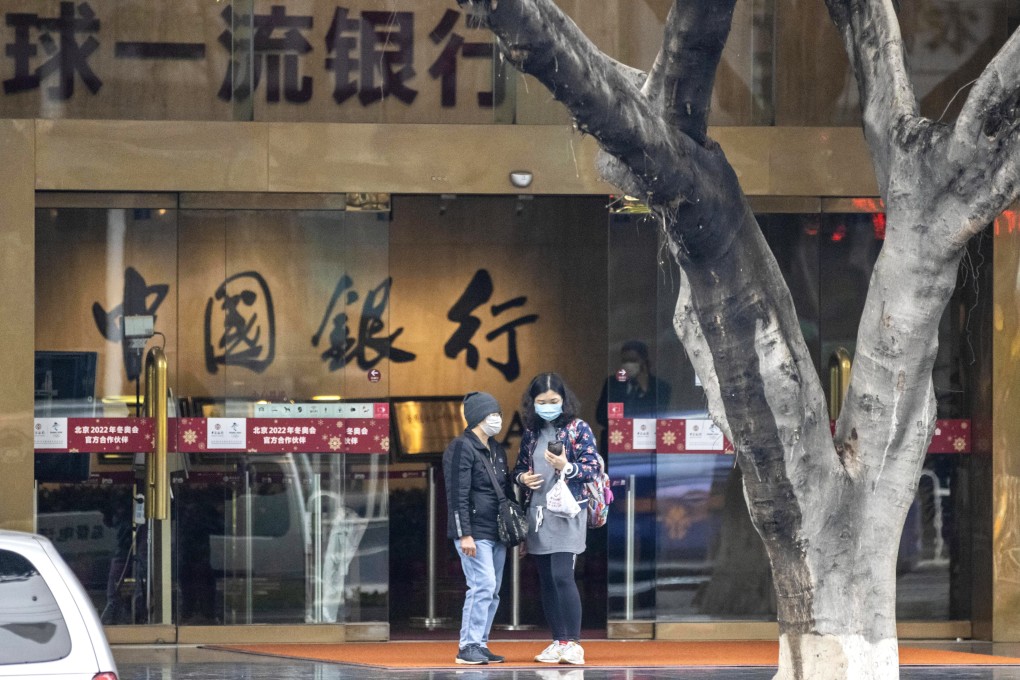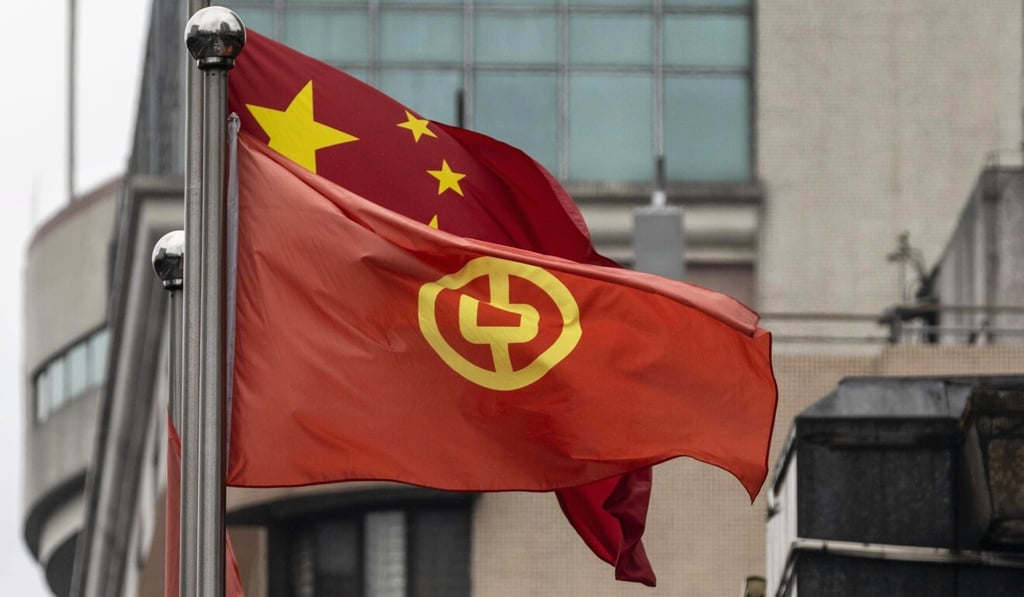Bank of China oversteps regulations in passing derivatives off as wealth management. And it’s not alone
- Several bank officials say the crude oil derivative products effectively overstepped regulations that bar the country’s lenders from operating as commodities futures brokerages
- Bank of China says it will compensate 20 per cent of investors’ original investments in the oil-linked product, according to investors

China’s commercial banks have sold financial derivatives packaged as wealth management products that slipped through regulatory cracks, giving individual investors access to risky foreign commodity futures contracts, according to several bank officials familiar with the matter.
One such product is Bank of China’s Crude Oil Treasure product that burned a 7 billion yuan (US$987 million) financial hole through the bank’s books and among customers. Other banks too offer similar products but their clients have avoided the fate of Bank of China customers because of earlier redemption dates or rollover before crude prices crashed into negative territory.
Crude Oil Treasure was catapulted into national limelight on April 21 when May WTI contracts crashed to minus US$40.32 a barrel, causing mainland investors losses to the tune of about 7 billion yuan, according to media reports. Those clients who built buy positions on that day lost all their margins and owed Bank of China a massive amount of money.

Lawyers have cast doubts on the legality of the product as they help investors seek compensation from Bank of China for their losses.